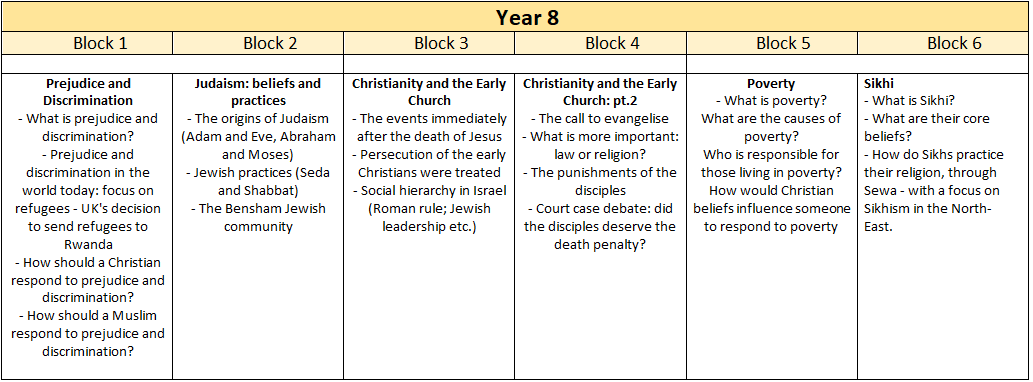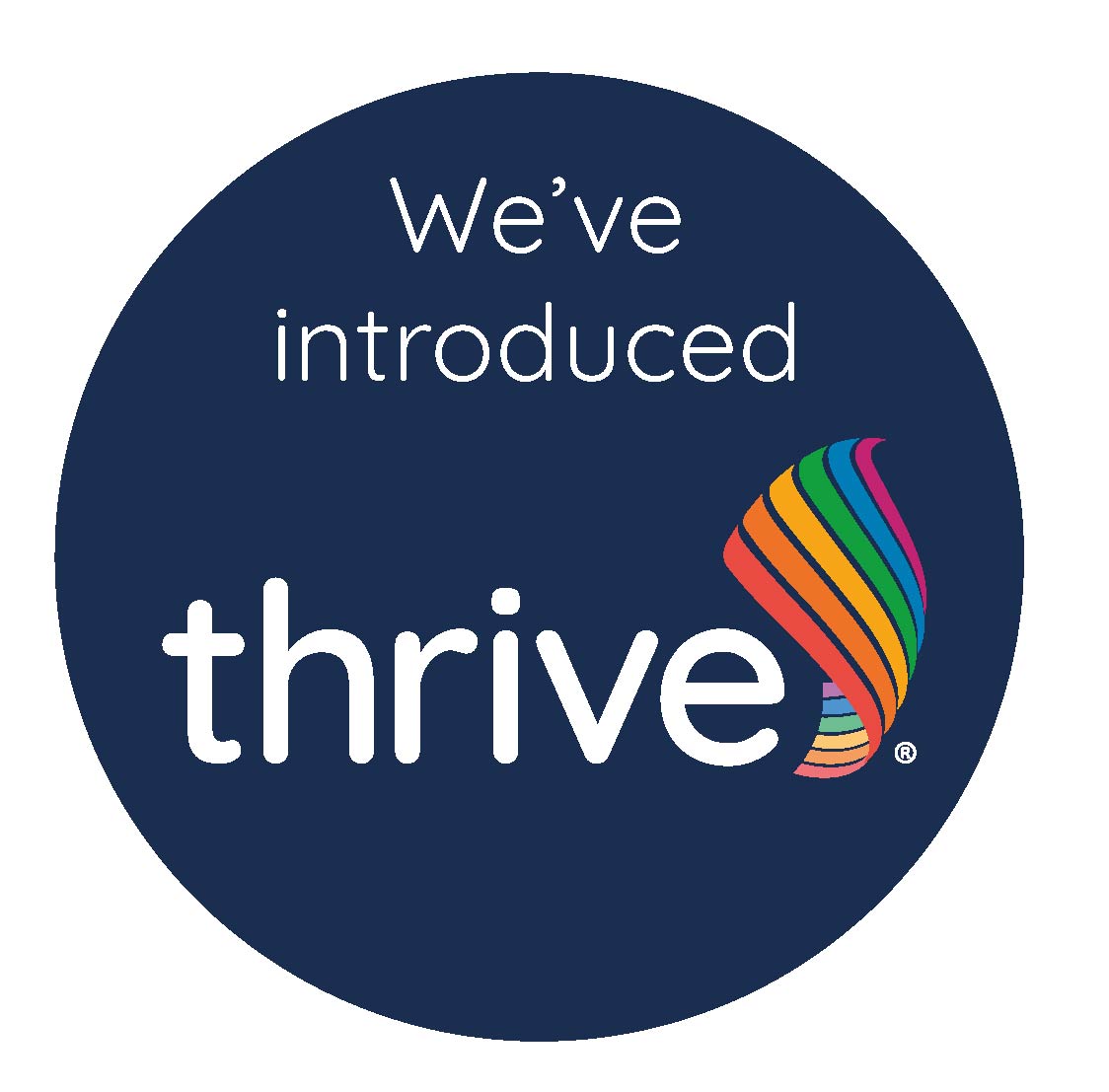Religious Education

Religious Education (RE) and collective worship in academies and free schools – statutory guidance December 2012
- Under the terms of their funding agreement with the Secretary of State for Education, all academies have to provide RE for all their pupils, except for those whose parents exercise the right of withdrawal.
- Parents have the right to withdraw their children from religious education and/or collective worship.
- From age 16, pupils can choose for themselves to opt out of collective worship if they wish. However, they cannot opt out of receiving religious education without parental consent until they are 18.
- Please note that in circumstances where a parent/carer has exercised their right to withdraw, the school will supervise in an appropriate setting and provide appropriate work, but parents/carers cannot request that their child joins another subject at that time.
Curriculum Intent
Our curriculum vision applies to all our young people, regardless of background, gender, sexual orientation or ability.
Our young people will develop a life-long love of learning through our rich, broad and balanced curriculum and expert delivery. Our aim is that Religious Education will give students the opportunity to explore different religious and non-religious perspectives on issues affecting our world today. We live in a multi-cultural, multi-faith society where, more than ever, our different perspectives come into conflict with one another. We want our students to be able to come to their own informed conclusions on challenging questions that dominate our time.
All students at Heworth Grange School are without exception entitled to a world class education that is holistic, ambitious and aspirational. Therefore, in Religious Education we will promote students using ‘theological’ language from year 7, to instill in them a belief that they are capable of achieving the highest academic excellence.
It is vital that we prepare our young people so that they are empowered to become engaged positive and respectful citizens, who have a deep understanding and respect for different world religions and beliefs. Our aim is to make students socially aware so that they are ready to converse, work or enjoy life with people from any faith or cultural background.
We are responsible for ensuring our young people are confident to pursue ambitious next steps in education. Therefore, we aim to educate our students on the benefits of religious education as a well-rounded subject that links to many career areas, such as teaching, medicine, law, social work and human rights.
Knowledge and skills:
Through our curriculum, students:
- Build knowledge and understand how concepts and skills link between topics and subjects, such as the history of religions linking to events in History such as the Holocaust.
- Develop confidence in communication skills and have opportunity to critically question and debate. This will be done through asking big philosophical questions on topics such as the death penalty, enabling students to explore different views on such big topics, to then arrive at their own informed opinions.
- Develop a love of reading and the skills to read fluently, having opportunity to explore wider significant and exclusive text, such as different religious texts and books.
- Learn to self-regulate and work independently as well as collaboratively, through the use of extended written work and group discussions.
- Learn about the world around them and the role religion has and continues to play.
- Will have the opportunity for deep thinking about current affairs linking to religion and what their personal views are on them.
Curriculum Overview
Click on the document at the bottom of this page to view an easy-read version of the full curriculum overview.



GCSE Philosophy and Ethics
Overview
Religious Education gives students valuable insights into the diverse beliefs & opinions held by people today. It helps with their own personal development & supports an understanding of the spiritual, moral, social & cultural questions that surface again & again in their lives. Learning about religion and learning from religion are important for all pupils, as religious education (RE) helps pupils develop an understanding of themselves and others. RE promotes the spiritual, moral, social, and cultural development of individuals and of groups and communities.
At GCSE level, religious education is concerned with the philosophy and ethics of belief: what do the major religions tell us? Why do they tell us these things? What does it mean to believe in that religion? What impact does those religions have on individuals and society? Students will be challenged with questions about belief, values, meaning, purpose, and truth, enabling them to develop their own attitudes towards religious issues. Students will also gain an appreciation of how religion, philosophy and ethics form the basis of our culture.
The RE course is a 2-year programme of study leading to a highly valued GCSE qualification. The specific exam board has not yet been finalised, but all the major exam boards offering this qualification follow the same broad content, themes, and approach. Studying RE is not about you having a religious faith or belief, it is about understanding why and how others have those beliefs.
Topics
Students will learn how religion, philosophy and ethics form the basis of our culture by studying the beliefs and practices of two of the major world religions:
- Buddhism
- Christianity
- Catholic Christianity
- Hinduism
- Islam
- Judaism
- Sikhism
In addition, students will look at major themes in world religion today, looking at the philosophical and ethical questions that arise, for example:
- Relationships and families
- Religion and life
- The existence of God and revelation
- Religion, peace, and conflict
- Religion, crime, and punishment
- Religion, human rights, and social justice
There may also be the opportunity to examine religious texts as part of the enquiry into the world’s major religions.
If you require any further information or have any questions, then please contact Mrs Kudlacik on heworthgrangeenquiries@consilium-at.com




